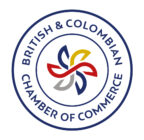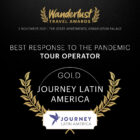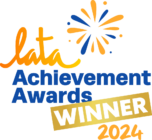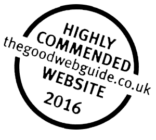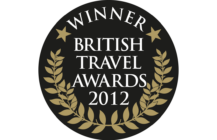Latin American Liberation Theology

“Liberation Theology: Noun: A movement in Christian theology, developed mainly by Latin American Roman Catholics, which attempts to address the problems of poverty and social injustice as well as spiritual matters.” Cited from the Oxford Dictionary.
Liberation theology was a Christian response to the wretched situation in which poor and ill-treated people of the Third World found themselves in the middle of the 20th century. It suggests that these repressed people should take control of their own lives and act proactively to improve their situation, even by armed revolt. They justified their actions by drawing attention to the example of Jesus Christ and his call for a just society. The movement began in Latin America in the 1950s. It came under scrutiny due to its radical leftist social organisation and the willingness of many of its priests to take up arms themselves or to at least support the actions of armed rebellious groups. Because it drew upon selective ideas of Communist and atheist Karl Marx, many people shunned the movement as they saw it as a dangerous embodiment of Marxist struggle. The mainstream Catholic Church and the majority of governments in the region attempted to suppress the movement and disassociate themselves from the priests who embraced it. El Salvadorean Oscar Romero was one of those alienated priests.
As the Pope lifts the beatification ban on Romero, it is a good time to recall other important Latin American figures in this movement.
Oscar Romero (El Salvador) – A bishop of the Catholic Church in El Salvador. He spoke out against poverty, social injustice, assassinations and torture – he was “the voice for the voiceless.” Romero was assassinated while giving Mass in 1980.
Ernesto Cardenal (Nicaragua) - A revolutionary Nicaraguan poet and Roman Catholic priest who is considered to be the second most important Nicaraguan poet, after Rubén Darío. Having originally supported the Sandanista movement, he is now disillusioned with the current Sandanista government and lives quietly in the Solentiname Islands.
Leonardo Boff (Brazil) - A theologian and writer, known for his active support for the rights of the poor and excluded. He is currently Professor Emeritus of Ethics, Philosophy of Religion and Ecology at Rio de Janeiro State University.
Juan Luis Segundo (Uruguay) - A Jesuit priest, is one of the most important figures in the tradition of Latin American Liberation Theology. He was not only one of the founders of the movement, but he was also a staunch advocate of self-determination for Latin America.
Gustavo Gutiérrez (Peru) – Known to be a primary architect of liberation theology in Latin America. He grew up in grinding poverty in Peru, employing Marx’s critiques of ideology, class and capitalism as part of his theological analysis of how Christianity should be used to make people’s lives better here and now rather than offer rewards in heaven.
Fernando Lugo (Paraguay) - Former bishop and president of Paraguay from 2008 to 2012. He was removed from office by means of a coup d'état. Later elected as Paraguayan Senate in the 2013 General Elections.
Check out our latest blog: Celebrate Monsenor Oscar Romero’s Legacy.
Tailor-made holidays
Flexible, custom-made holidays to Latin America created to match your exact requirements: our tailor-made itineraries are as unique as the clients for whom they are designed.
Design my trip






